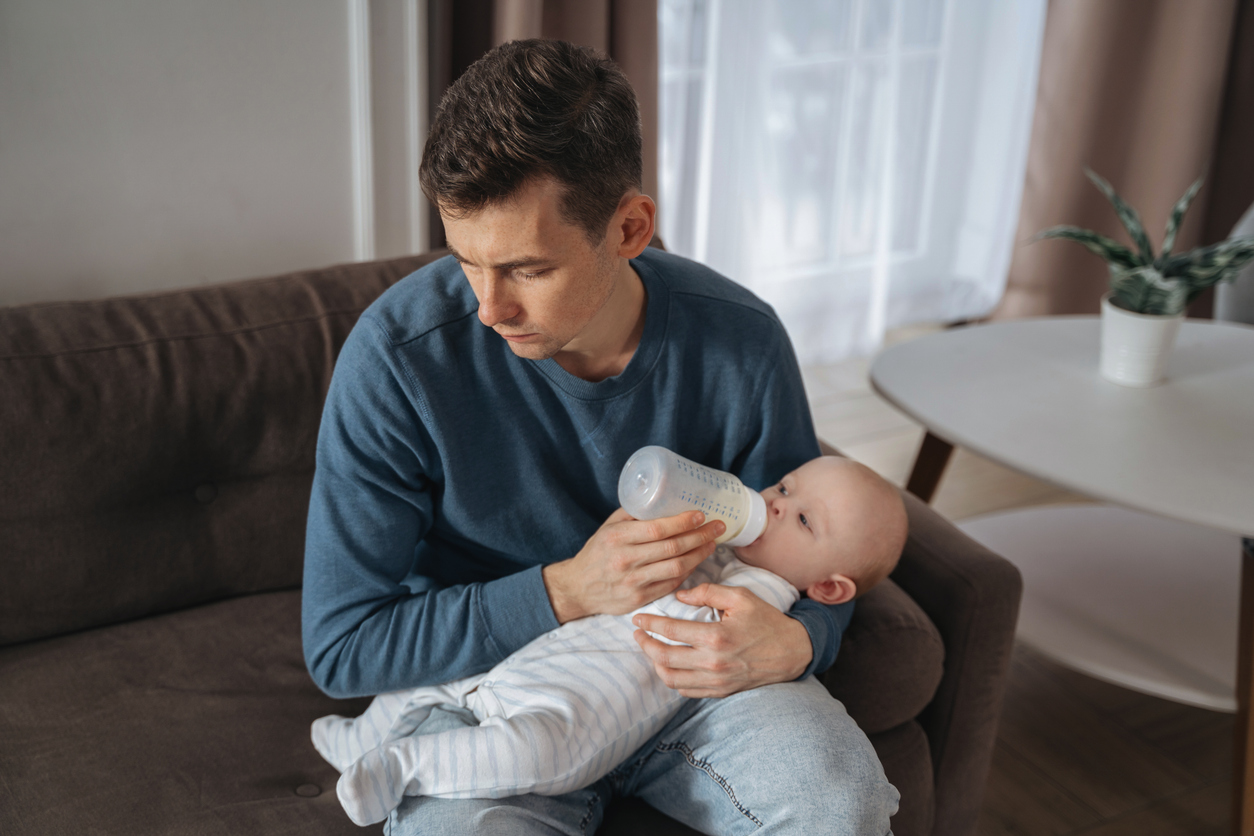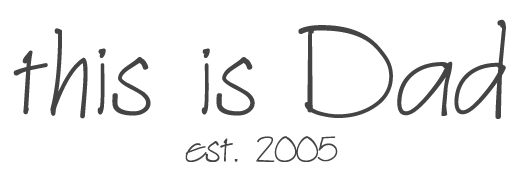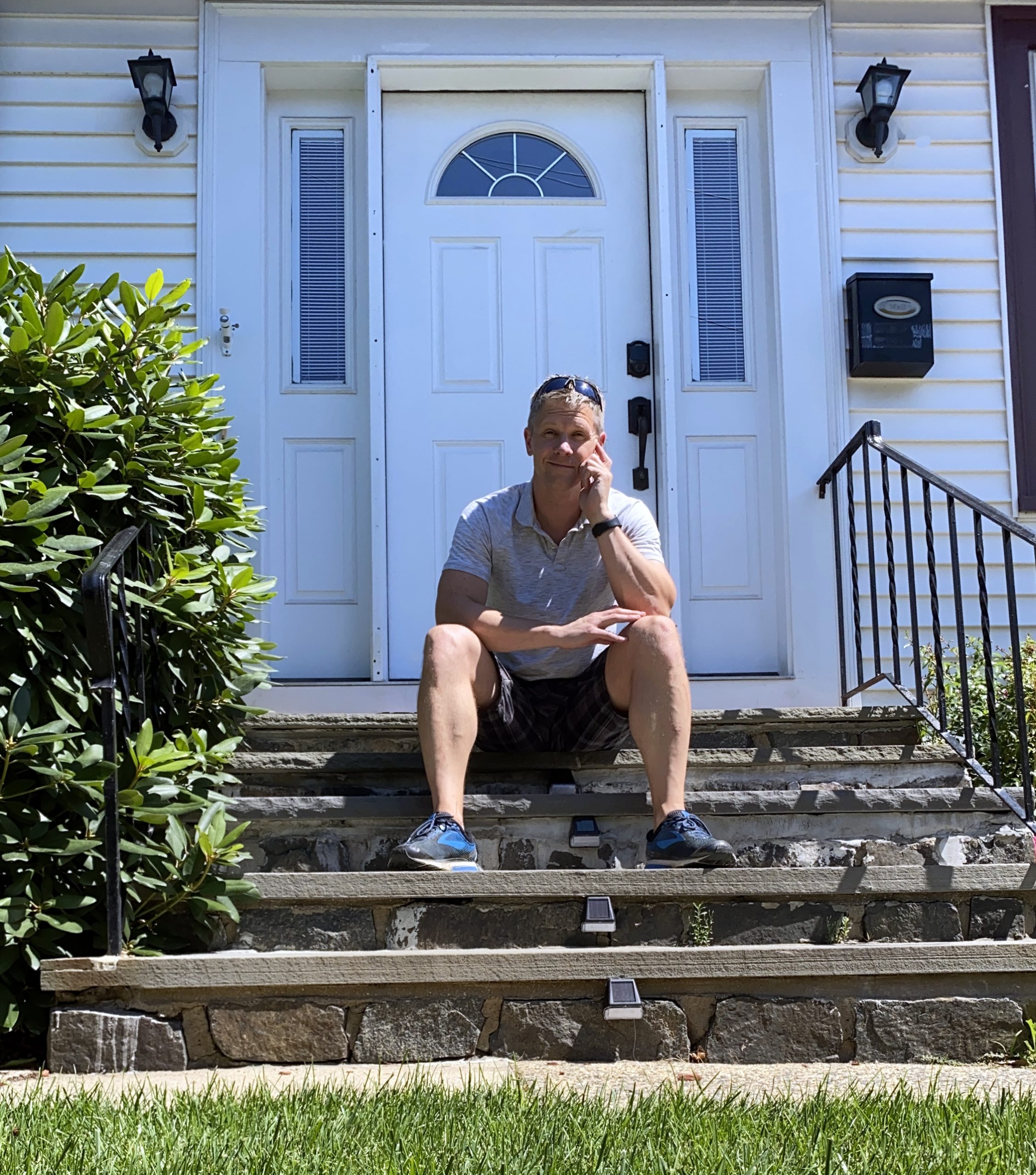
When my first son was born, something in me cracked open in the best way. I was overwhelmed with emotion—tears streamed down my face as I held him for the first time. Joy. Awe. The indescribable miracle of this tiny, breathing life that my wife and I had created.
That rush of emotion didn’t go away in the weeks and months that followed. If anything, it deepened. I found myself getting choked up during children’s movies, tearing up at happy moments, even crying at the sad ones before anyone else. I was emotionally wide open—and I expected the same when my second son was born.
But what happened instead shook me.
I was there for the birth. I cut the cord. I held my beautiful, healthy baby boy in my arms. But something was off. Not with him—he was perfect. It was me. I felt… nothing.
In the weeks leading up to the birth, I had already noticed a growing sense of emptiness. A numbness I couldn’t explain. I thought it might pass. But when the moment came—when I should’ve felt joy, gratitude, even love—I felt hollow. Like someone had drained every bit of emotion from me. It was as if I were watching it all happen from a distance, disconnected from my own life.
I didn’t understand what was wrong. I had done this before. I had felt all the right things before. Why not now?
What made it worse was the isolation. We had no family nearby. Everyone—parents, siblings, extended relatives—lived hundreds or thousands of miles away. And we had no close friends in the area either. There were no drop-ins to hold the baby, no home-cooked meals delivered, no one to say “go take a nap, I’ve got this.” It was just the two of us, trying to survive.
For six weeks, I was home with my wife and two sons. Those days are a blur. I remember some of the routines—diaper changes, bottles, naps—but emotionally, it’s mostly gone. When I returned to work, things only got worse. I slipped into a robotic cycle: wake up, go to work, come home, sleep, repeat. I felt nothing. Every day was Groundhog Day. Life was happening around me, and I was just surviving it.
It started to put a strain on my marriage. My wife was going through her own struggles, silently. And I—unable to understand my own numbness—turned inward. I poured my focus into my kids and my writing, and sadly, I drifted further from her.
It took years, and eventually a divorce, for me to understand what was really going on. We were both suffering from postpartum depression.
We don’t talk enough about this. As a society, we’re finally starting to acknowledge maternal postpartum depression, but paternal postpartum depression is still mostly in the shadows.
What happens when both parents are struggling, and neither has the tools or awareness to help the other—or even themselves?
Postpartum depression doesn’t care about gender. It doesn’t care if you’re a birth parent, adoptive parent, or foster parent. It finds people in moments of massive transition, exhaustion, and emotional overload. And dads are not immune.
Add in isolation—no family, no village—and the weight becomes even harder to carry.
But here’s the good news: I’m no longer living in that space.
Today, I’m in a healthier place. I have a solid group of friends. I’ve rebuilt a support system. And I’ve learned to recognize when something feels off—and speak up.
This Father’s Day, I’m thinking about the dads who show up—even when they’re struggling. The ones who go to work with broken hearts. Who smile for their kids while feeling completely numb inside. Who feel ashamed for not feeling joy when the world tells them they should.
You’re not weak. You’re not alone. And it’s okay to ask for help.
Most importantly, it’s okay to recognize that something isn’t right—and to say it out loud.
This is dad. And this was my depression.
Resources for Dads Struggling with Postpartum Depression:
-
Postpartum Support International (PSI)
Offers support and resources for both moms and dads.
https://www.postpartum.net
Helpline: 1-800-944-4773 (or text “HELP” to 800-944-4773) -
Fatherly – Mental Health for Dads
Articles and insights focused on paternal mental health.
https://www.fatherly.com/parenting/mental-health -
Dads Matter UK (for international readers)
Focused on supporting fathers with mental health during and after pregnancy.
https://www.dadsmatteruk.org

